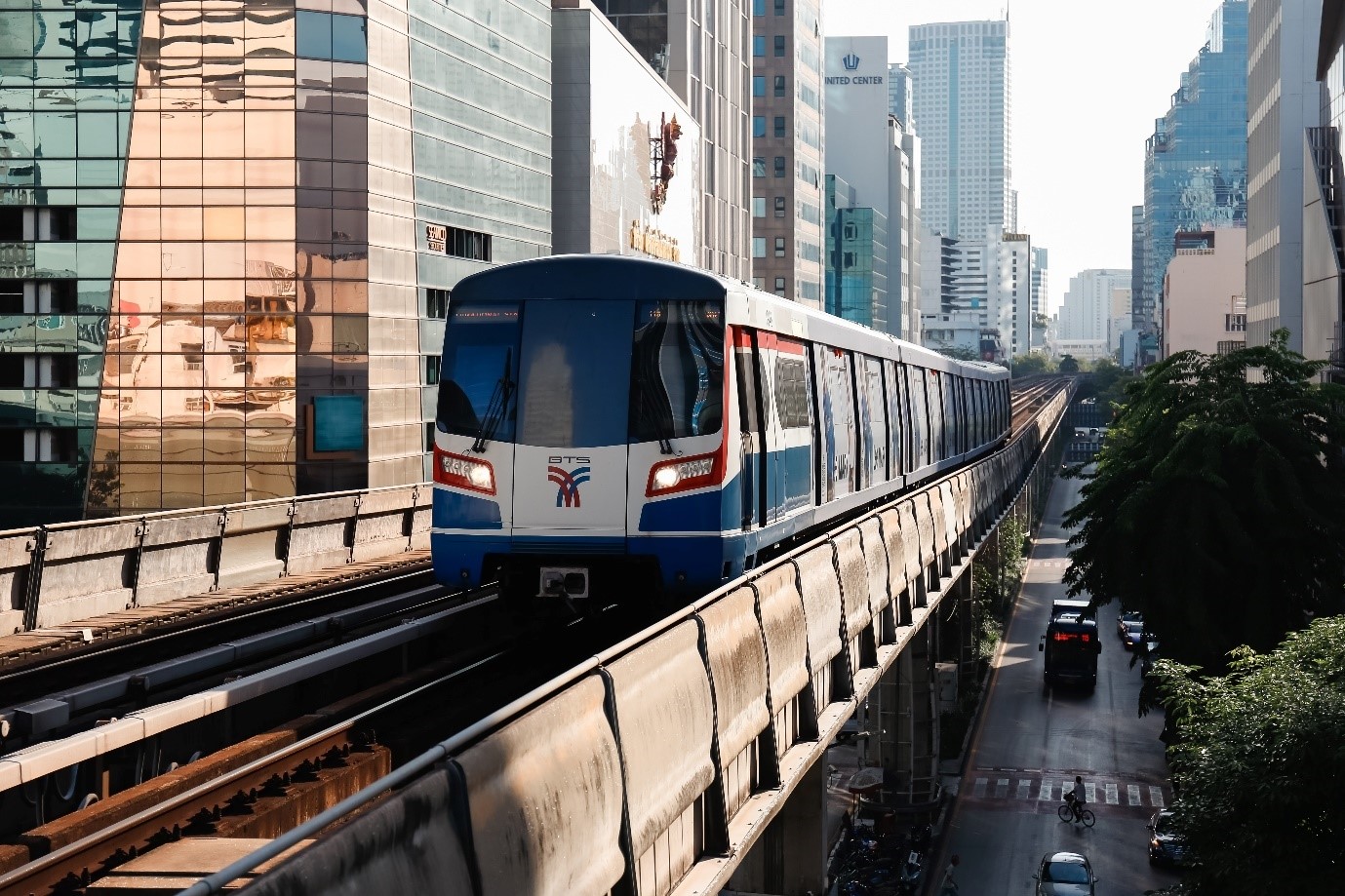When it comes to urban transportation there are a range of opportunities for improving your operations.
That being said, the integration of Intelligent Transport Systems (ITS) has been a game-changer for transit agencies worldwide.
By leveraging cutting-edge technology, these systems can help you to enhance efficiency, safety, and overall performance in your transit agency.
This article will explore the multifaceted benefits of ITS and how it can revolutionize your operations in a variety of ways.
Real-time data for smarter decision making
One of the key advantages of ITS is the ability to collect and analyze real-time data from your transport network.
By seamlessly integrating these systems into your operations, you can gain invaluable insights into things such as your vehicle movements, traffic patterns, and passenger flow.
This wealth of data empowers you to make informed choices, optimize routes, and address potential issues promptly, improving overall efficiency.
Improved traffic management
ITS play a pivotal role in alleviating traffic congestion, a perennial challenge for urban transit agencies.
By utilizing advanced traffic management systems, agencies can dynamically adjust traffic signal timings, reroute buses, and respond to changing conditions in real time.
This not only enhances the overall efficiency of your transit operations but also contributes to a reduction in travel time and fuel consumption.
Enhanced rider experience
For passengers – which are often at the heart of any transit agency – the introduction of ITS allows for a more seamless and enjoyable journey.
Riders will see accurate displays that show the predicted arrival times of each vehicle at their stop and, should these times change due to any number of factors, the information will be updated in real-time.
Through the implementation of smart ticketing systems, real-time arrival information, and communication tools passengers can plan their trips more effectively, reducing waiting times and uncertainties.
Fleet optimization and maintenance
ITS also facilitate predictive maintenance for transit agencies by continuously monitoring the condition of vehicles and infrastructure.
Through various devices and technologies, the systems can proactively identify potential issues such as faulty equipment or transportation gaps, for instance.
This predictive approach not only ensures the reliability of the fleet but also extends the lifespan of vehicles, contributing to significant cost savings over time.
Sustainability and environmental impact
As many cities today strive to reduce their carbon footprint, ITS contributes to the sustainability goals of transit agencies.
Through optimized route planning, reduced idling times, and the promotion of eco-friendly transportation options, ITS helps minimize the environmental impact of public transit.
This not only matches with global sustainability initiatives but also improves your reputation as a leader in a more sustainable future for transport moving forward.
—
Intelligent Transportation Systems are a transformative force in the realm of public transport, offering a myriad of benefits that enhance operations, improve efficiency, and elevate the overall passenger experience.
By using these systems to access real-time data, optimizing traffic management, and prioritizing safety, you can more effectively navigate the challenges of urban transportation.
How will you be using ITS to enhance your operations?



